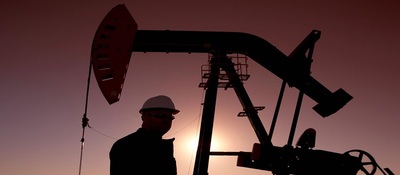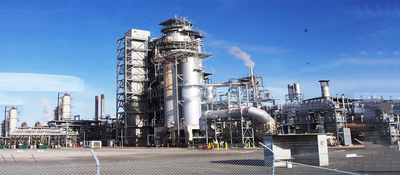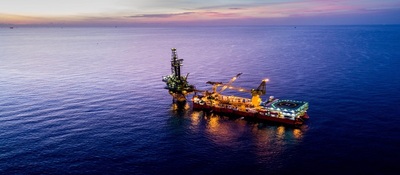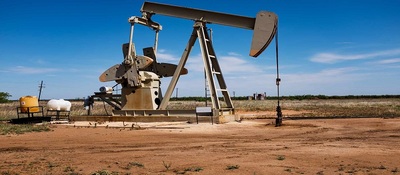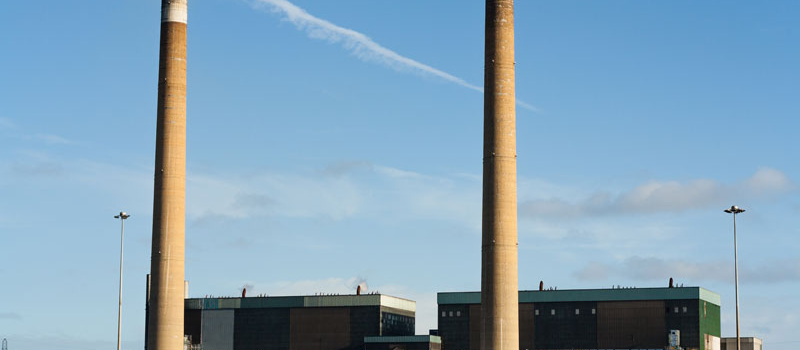
Petroleum Production Operations: An In-depth Understanding of Oil and Gas Production Operations
INTRODUCTION
Petroleum Production Operations is a critical part of the upstream oil and gas sector. There is a significant and growing emphasis in the sector on selecting the optimum well design and equipment in order to maximize the efficiency of oil and gas recovery in a cost-effective manner. The essence of production engineering is to ensure oil and gas wells are flowing and continue to be economically viable by monitoring and evaluating the production and efficiency of the wells.
Orbit Horizone’s Petroleum Production Operations training course will cover fundamental concepts of the oil and gas production cycle. The course will begin with a revision of Reservoir Engineering fundamentals and how to predict production performance, focusing then on the effect of well completion in production and finally concentrating on the most common operations and well interventions.
Delegates attending Orbit Horizone’s Petroleum Production Operations training course will develop the following competencies:
- Historical production practices as well as current technological advances to maximize oil and gas production and overall resource recovery.
- Apply a logical approach to learn safe, least cost, integrated analytical skills to successfully define and manage oil and gas operations.
- Applied skills to guide the participants with a framework to make careful, prudent, technical oil and gas business decisions.
WHO SHOULD ATTEND?
Orbit Horizone’s Petroleum Production Operations training course is suitable for a wide range of professionals, but will be particularly beneficial for:
- Petroleum and Reservoir Engineers
- Drilling and Completion Engineers
- Production Operations and Facilities Staff
- Geologists
- Field Technicians
- Field Supervisors and Managers
- Service Company Engineers and Managers
- Engineers starting a work assignment in production engineering and operations
- Engineers seeking a well-rounded foundation in production engineering.
PROGRAMME OBJECTIVES
Orbit Horizone’s Petroleum Production Operations training course aims to help participants to develop the following critical objectives:
- Become conversant with petroleum production operations
- Develop empathy for the challenges faced by the industry related to production operations
- Develop the vocabulary and understanding of roles necessary to facilitate discussions with other professionals on production operations
TRAINING METHODOLOGY
Orbit Horizone’s Petroleum Production Operations training course will combine presentations with instructor-guided interactive discussions between participants. The course has practical exercises to ensure the concepts are properly understood. Animations and video material are presented to illustrate the operation of various down hole tools. Case studies aiming at stimulating these discussions and providing maximum benefit to the participants will support the formal presentation sessions.
PROGRAMME SUMMARY
Orbit Horizone’s Petroleum Production Operations training course covers the various designs, methods, technologies and subsurface equipment used to produce hydrocarbon reserves. The course has a practical focus to show how hydrocarbon production targets can be met and how oil and gas fields can be produced optimally and economically and managed diligently by using proper production strategies.
PROGRAM OUTLINE
Day 1 : How Reservoir Properties Affect Production
- Overview of Production Engineering
- Geology and Production
- Rock Properties
- Fluid Properties
- Reservoir Driving Mechanisms
- Reserves
- Geological model
Day 2 : Optimization of Well Production System by Nodal Analysis Technique
- Well testing methods
- Well deliverability nodal analysis (inflow / outflow)
- Tubing performance
- Flow through chokes
- Modeling
Day 3 : Completion Design
Upper Completion
- Casing string and suspension
- Cementing operations
- Tubing selection
- Wellheads and Xmas trees
- Safety valves
- Multilaterals
Lower Completion
- Introduction to sand control
- Gravel pack design
- Perforations design and applications
Day 4 : Selection and Design of Artificial Lift
- ESPs
- Gas lift
- PCPs
- Beam pumps
- Hydraulic pumps
- Pumps / Compressors: centrifugal, positive displacement, rotary, reciprocating, ejectors
Day 5 : Production Operations
Formation damage and methods of well stimulation
- Matrix acidizing
- Hydraulic fracturing
- Corrosion control
- Scale deposition, removal and prevention
- Acid gas treatment: coatings, closed system, chemicals, solvents, conversion; stress cracking
- Well intervention: Wire line, hydraulic work over units and coiled tubing
Surface facilities
- Properties of fluids at surface
- Oil – water- gas – solids – contaminants
- Flow lines, piping, gathering systems; solids and liquid limits
- Storage tanks, gun barrels, pressure/vacuum relief and flame arrestors
-
Integrated surface production system; separation and treatment (multi-phase separators, management of produced and waste waters, gas processing)
- Stabilizers
- Removal of foams, emulsions, paraffins, asphaltenes, hydrates and salts
- Water management: SP packs, plate interceptors, gas floatation, coalesces, hydro cyclones and membranes
| رقم الدورة | التاريخ | تاريخ الانتهاء | عدد الأيام | المكان | الطلبات |
|---|
